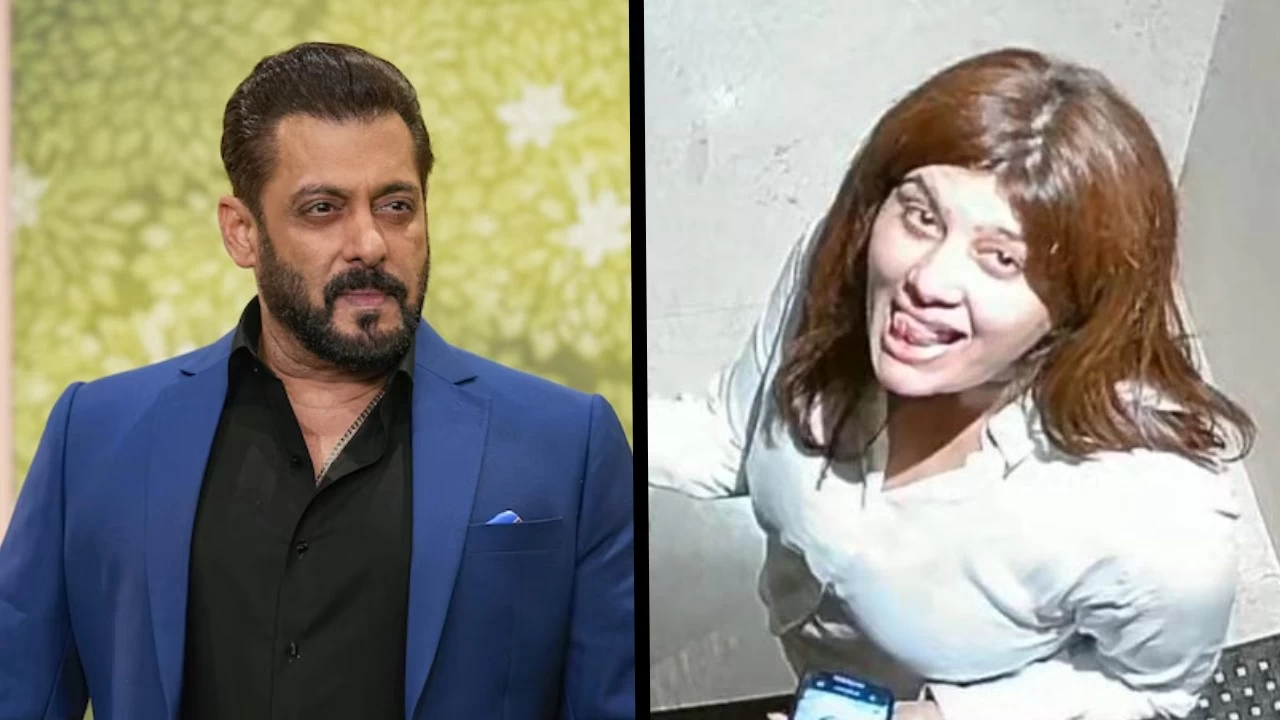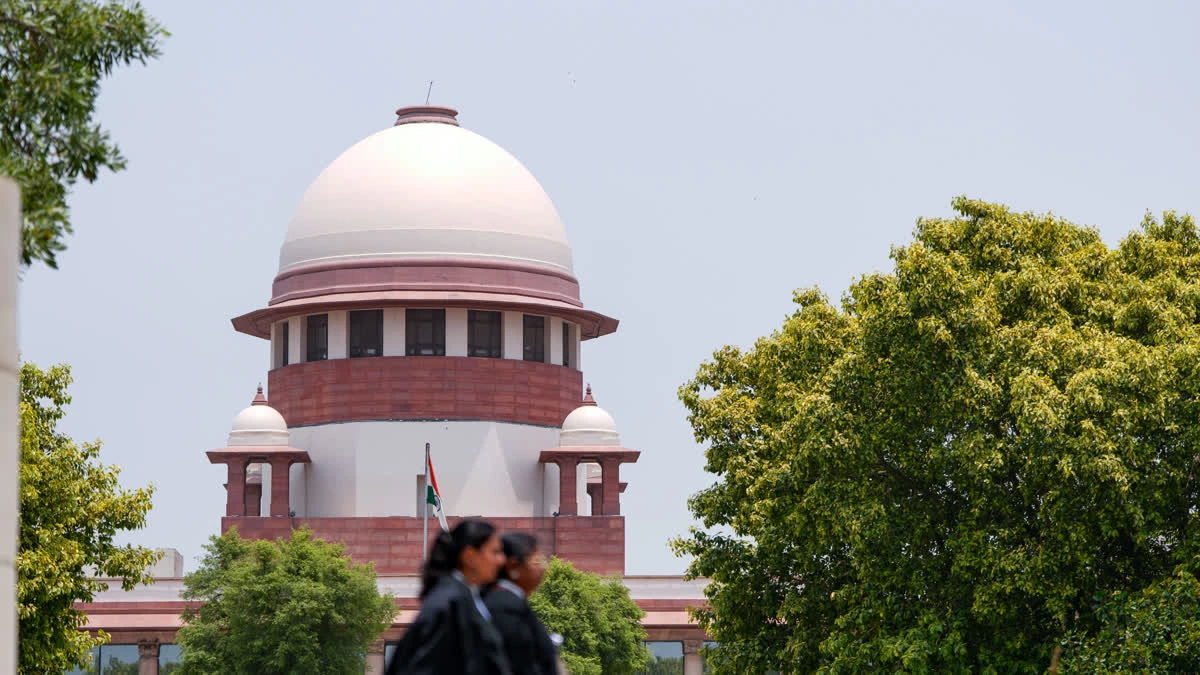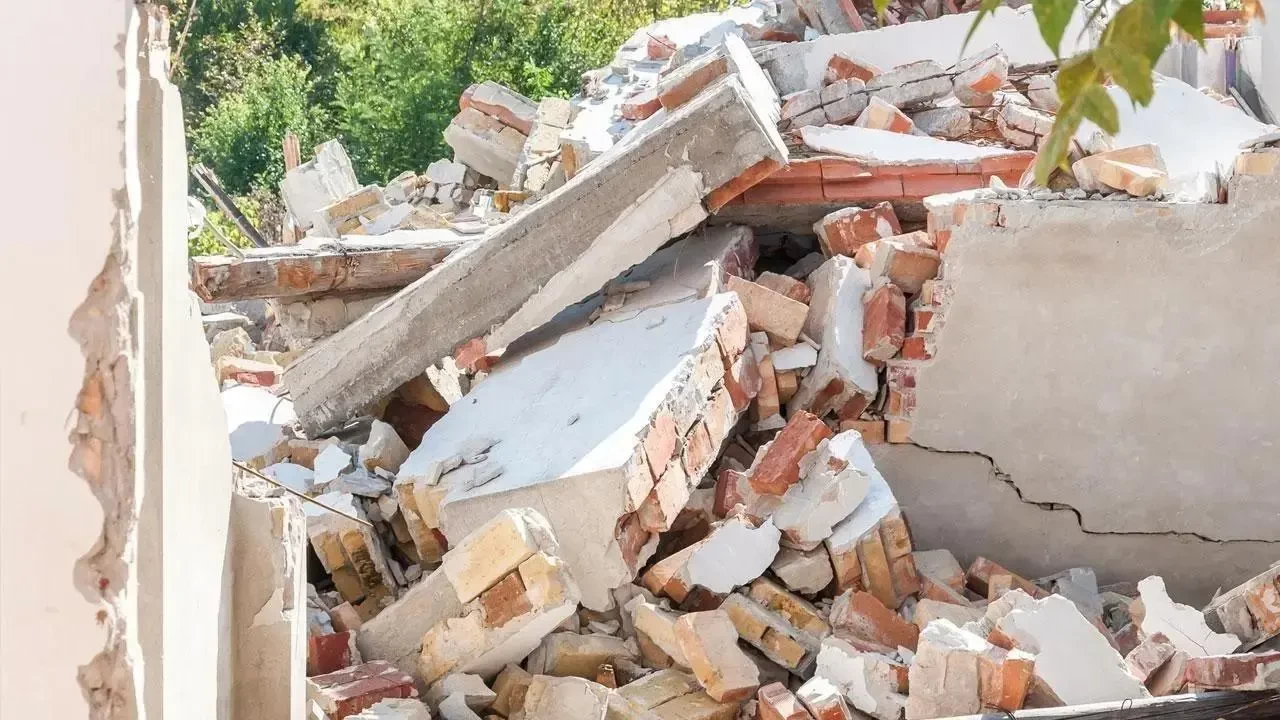Latest Updates
Supreme Court Dismisses Plea Seeking FIR Against Justice Yashwant Varma Over Cash Discovery Row

The Supreme Court on Wednesday declined to entertain a petition seeking criminal proceedings against sitting High Court judge Justice Yashwant Varma, in connection with the discovery of cash from his official residence in New Delhi.
A bench led by Justice Abhay S Oka, also comprising Justice Ujjal Bhuyan, dismissed the plea filed by a group of lawyers led by advocate Mathews J Nedumpara."Before seeking a writ of mandamus, the petitioner will have to seek redressal of their grievances by filing representation before the appropriate authority. Therefore, we decline to entertain the writ petition," the bench observed.
The petition stems out an incident of fire that broke out at Justice Varma’s Delhi residence on 14 March. During the firefighting operation, sacks filled with currency notes, some burnt, were allegedly discovered. Images and videos of the cash were circulated among senior officials, ultimately reaching the Delhi Police Commissioner and the Chief Justice of the Delhi High Court. The matter was then escalated to the Chief Justice of India.
Following this, the Chief Justice of the Delhi High Court recommended a deeper probe, citing inconsistencies in evidence collected by the police and in Justice Varma’s statement. A three-member in-house inquiry panel was constituted on 22 March, and Justice Varma was transferred to the Allahabad High Court, his parent court.
The Supreme Court cited a press note dated 8 May, which clarified that the in-house enquiry report, along with Justice Varma’s response, had been forwarded by then Chief Justice of India Sanjiv Khanna to the President and Prime Minister, in accordance with the In-House Procedure laid down for dealing with allegations of misconduct against sitting judges.
"There is a law laid down by this court (on the In-House Procedure) and the CJI has followed it. According to this procedure, the report has been forwarded to the President and PM... You have to go to the authorities before coming to this court," the bench told Nedumpara.
Nedumpara argued in person that the recovery of large volumes of cash—partly burnt—from the residence of a judge amounted to a cognisable offence requiring mandatory registration of a First Information Report (FIR). He contended that the presence of such money suggested both a bribe-giver and a bribe-taker.
Referring to the 1991 judgment in the K. Veeraswami case, Nedumpara acknowledged that the ruling prevents the registration of an FIR against a judge of the High Court or Supreme Court without prior approval of the Chief Justice of India. However, he urged the Court to reconsider this precedent.
"What has happened is a grave crime against public justice. When it is a judge, the defender of justice who is himself the accused or culprit, then it is no ordinary offence, the gravity is far greater and so must be the punishment," the petition stated.
The Court, however, refused to examine this aspect at this stage. "At this stage, it is not necessary to look into the other prayers (in the petition)," Justice Oka said.
The petitioners alleged that the money found—burnt, partially burnt, and reportedly clandestinely removed—was the result of corruption. They stressed that unexplained cash recovery constitutes an offence under the Prevention of Corruption Act and urged that without criminal proceedings, vital evidence could be lost. The Court reiterated that the appropriate course of action would be to first submit a formal representation to the authorities now seized of the matter, namely the President and Prime Minister.








